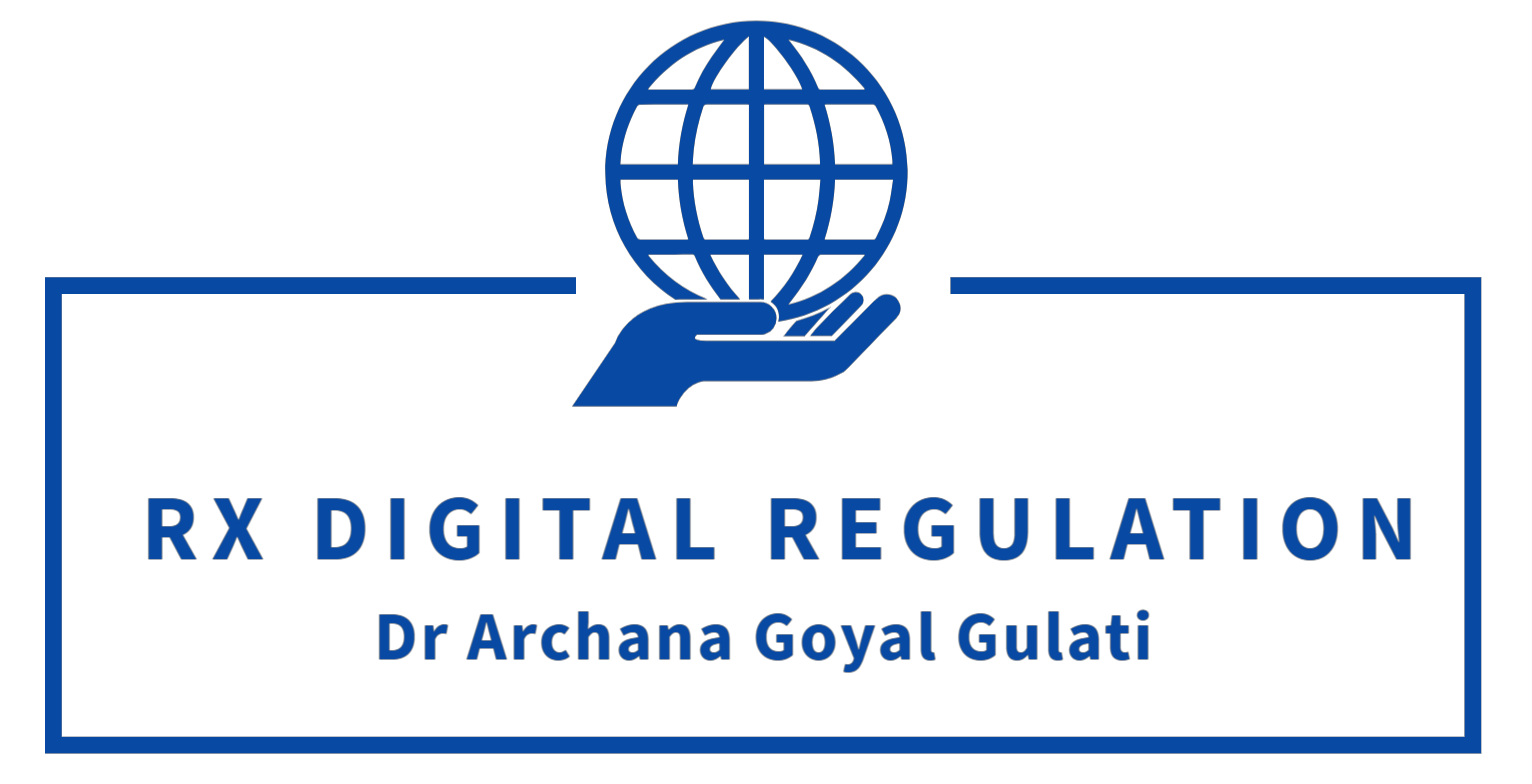
A Heartening Clarification on Privacy

In a Democracy, the choice of how to regulate matters involving protecting citizens’ rights should be straightforward. An elected government may be expected to make fair decisions on behalf of its constituents to balance the conflicting interests of various stakeholders. Risk Aversion, risk minimisation and risk balancing are some approaches that guide regulation in complex arenas like Artificial Intelligence and Personal Data Protection. Would we have made such great strides in digital services if personal data was not exchanged in lieu of free services and if customisation based on profiling had been impossible? Perhaps not. However, every silver cloud has a dark lining and regulation (whether self-regulation or state-imposed or a combination) must create guard rails to protect consumers from harm and ensure that markets function fairly.
I have always held that Trust is the secret sauce that lies behind a society’s progress. It has to be earned and cannot be demanded, and when it guides decision-making, it will likely lead to optimal consequences for society. (Please see my article about the importance of Trust in achieving Digital Transformation).
In this context, it was heartening to read reports about a statement made by the Telecom Minister, Mr Ashwini Vaishnaw, to the effect that the Government would place safeguards on its access to personal data even as the law exempts it from various provisions of the Digital Personal Data Protection Act. This is a very positive and welcome clarification from the Government as the custodian of large swathes of citizens’ personal data, including sensitive and critical personal data.
Unlike the EU, India lacks a long legacy of detailed informational privacy regulation. While the new law itself could have obliged the Government to promulgate such safeguards, even this declaration of positive intent, if duly followed up in earnest, would earn citizens’ Trust and boost India’s Digital Transformation efforts.

